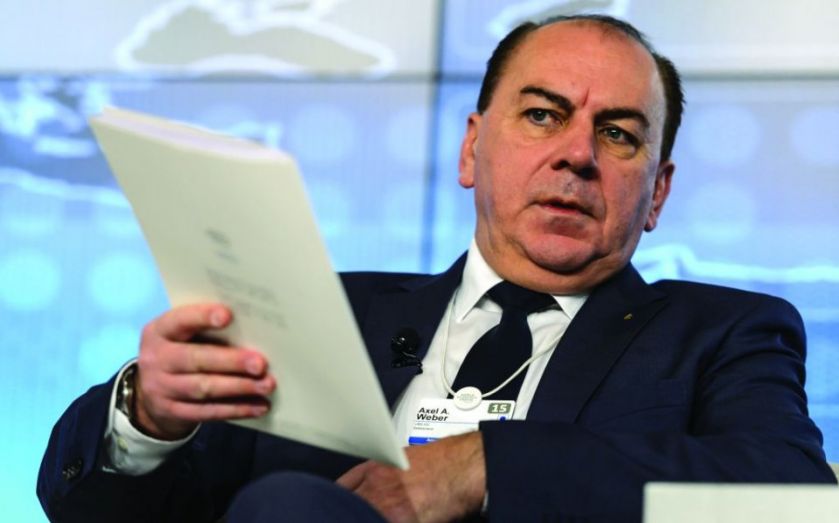Eurozone to finally take the plunge with €1.1 trillion bond buying programme

European officials are widely expected to announce a substantial bond buying programme today in an attempt to revive the Eurozone’s ailing economy.
Reports from Frankfurt suggest the purchases will amount to €50bn (£38bn) a month until the end of 2016. Some reports suggest it could start as soon as March which would put the scheme’s size at nearly €1.1 trillion.
The policy of purchasing billions of euros worth of bonds has sparked tensions between German officials – who see the policy as a bailout for profligate governments, afraid to make unpopular reforms – and those who think the measure is vital for securing the Eurozone’s future economic wellbeing.
Former Bundesbank governor Axel Weber, and current UBS chairman, warned yesterday that the Eurozone could still be doomed to failure unless governments reform.
“There will always be questions about the viability of the project and Europe has not done enough to dispel these concerns,” Weber said. “The European Central Bank (ECB) can only be part of the fix in Europe. [With] the more they do, they give a big incentive for governments to do less.”
Italy’s Prime Minister Matteo Renzi spoke up for the ECB and supported its independence. Some people have voiced fears that some of the independence of the ECB has been lost to Germany. Any bond purchases are likely to involve certain caveats to prevent German taxpayers becoming liable for risky Greek debt.
“I think the first steps of the Commission and the discussion in the next days of the ECB – let me be very clear, I respect the independence of the ECB – could help Europe to give a message of new economic direction,” Renzi said in Davos.
Angel Gurria, head of the OECD, also backed ECB chief Mario Draghi to be ambitious with the bond purchases. “Let Mario go as far as he can. I don’t think he should cap it,” Gurria said in Davos yesterday.
Former Bank of England uber-dove Adam Posen also spoke out at Davos. “We are very late in the game and I’m very concerned that Germany is going to keep the QE from as being as aggressive as they need it to be.”